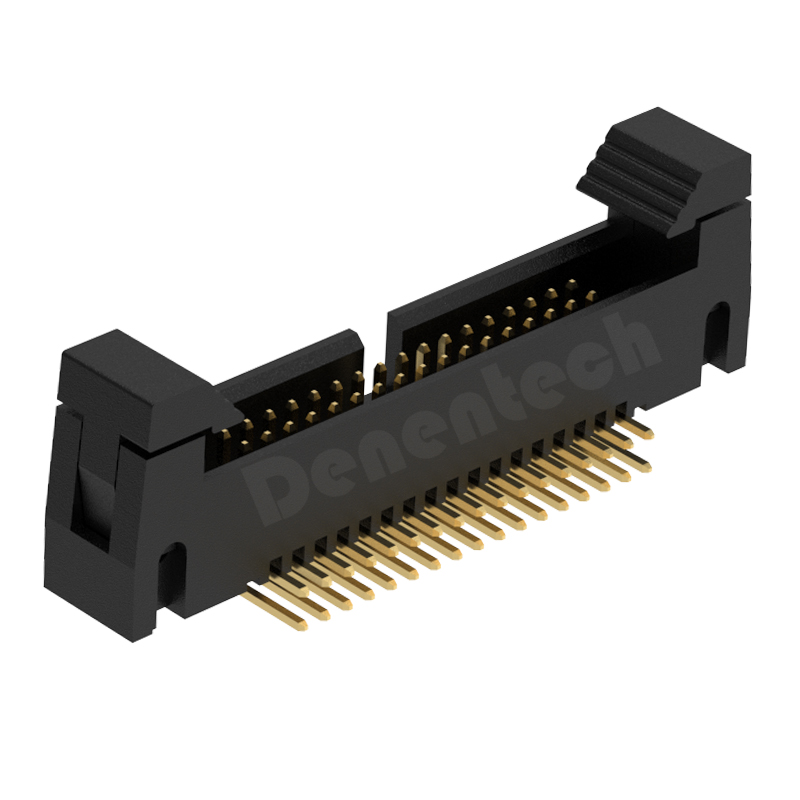Insulated cable is a kind of cable with an insulating layer material which is not easy to conduct. Generally, the dielectric strength of this kind of cable is better than that of ordinary cable.
At present, the common insulating materials that are not easy to conduct electricity are epoxy resin, plastic, PVC material, silica gel and so on. Making this raw material into the cable sheath of the cable can prevent the electric conductor from touching the outside and prevent the cable from being electrified or short-circuited.
From the main use level, the application category of insulated cables is very common; For example, most of the connecting cables of household appliances commonly used at home are insulated cables; There are also many large and medium-sized multi-storey buildings, electrical equipment, power installation projects and so on.
Insulated wires are usually divided into rubber insulated wires, PVC insulated wires and rubber cables. This is the most conventional classification method, but if we want to classify the insulated wires from the detailed structure and use, we usually divide them into fixed laying wires, insulated flexible wires, PVC insulated wires for outdoor use, copper-core PVC insulated installation wires, and agricultural directly buried aluminum-core plastic insulated plastic sheathed wires.
The types and specifications of insulated wires are also immediately related to their main uses. Different English letters not only mean different types and specifications, but also mean different main uses. For example, R stands for soft copper core, S stands for five types of twisted pair, and P stands for shielded cable.
